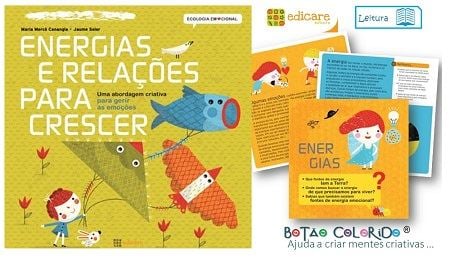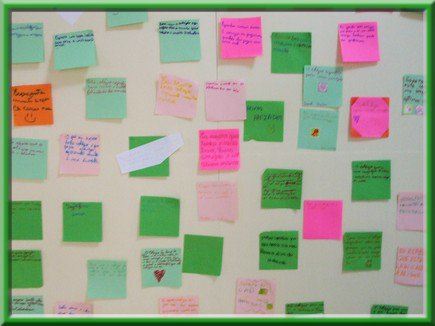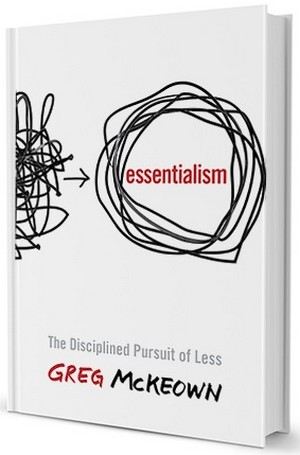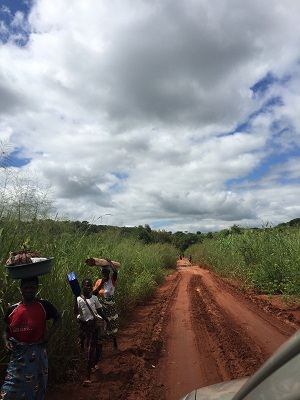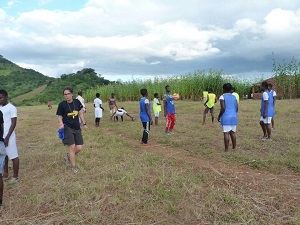Image: Stencil
#EdublogsClub Prompt 10 (Catching Up)
Presently, the sort of feedback I give to my students is adapted to my work of mentoring their studies and enhancing their writing skills.
I usually give feedback to my students through short writing prompts, questionnaires, conceptual/idea maps and oral interviews that I quickly transcribe and post later.
On the other hand, I only receive informal feedback from my students, through their specific suggestions or if I ask them to address me a informal evaluation both in writing or orally.
As I support their effort to achieve autonomy concerning time management, work organization and study strategies, these issues also constitute the object of my feedback. The final purpose remains to empower students to ask themselves metacognition questions, in order to monitor their own learning process.
Usually, I use a questionnaire as a basis to provoke an oral discussion with both some wide open questions and some very specific topics that aim to allow students to become aware of the” mental gestures” that facilitate attention or memorization, thus enabling comprehension, according to what I’ve learned from the French Author and Pedagogue Antoine de la Garanderie.
I try to make very sensitive students feel at ease: they don’t have to share their classifications with precision; but they are invited to indicate their “strong points” as well as their “points in development” (we don’t say “weak points” any more, thanks to our school team couch Nuno Ribeiro). Then the student receives my help to formulate two concrete and feasible objectives for the next seven weeks. (This generally coincides with a school half-trimester and assessment “seasons”).
Then, and exactly as it happens with every other student, he must be able to answer some questions to clarify and to concretize how he must proceed to achieve his goal. For instance:
- Where, when and for how long is he going to dedicate to the subjects he chose?
- With whom will he be studying? (Parents, mentors, older siblings, friends, all alone)
- Which subject-matters will be under evaluation at the next assessment season? According to which criteria?
- Which methods will he put into practice? (He may, for instance, prefer to read aloud each paragraph, outlining the main ideas, turning them into questions, writing short summaries or drawing a map of concepts, training with practical exercises…)
- How precisely and distinctively can he listen to his own thoughts or how fine grained are his mental visual images of what he is actually studying?
- Is he aware that only then his comprehension skills are set in movement by reasoning over these visual or auditory learning images? To become aware of what is actually happening in their own heads it’s a safe ground to build self-confidence and motivation, even if the student remains a very highly sensitive person.
My older students ask me to study with them for tests belonging to subject-matters I don’t master – as they don’t belong to my own professional background studies. Thus, they lead me through their own paths as they already master some work strategies. Along this process of sharing the building of knowledge, my older students give me precious tips that enhance my abilities to help the younger ones.
Ines




